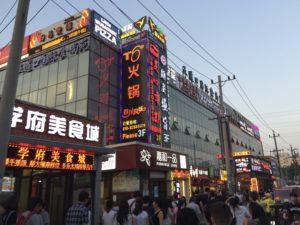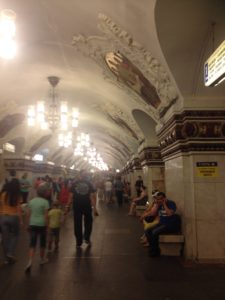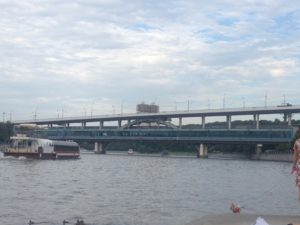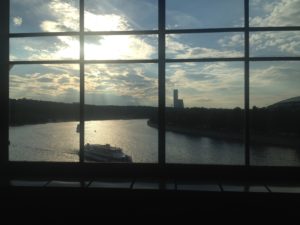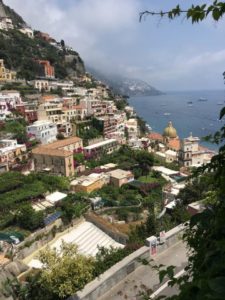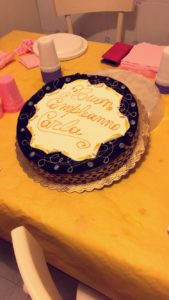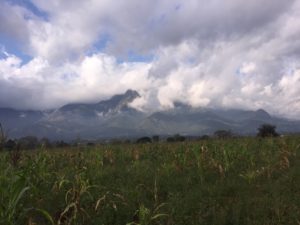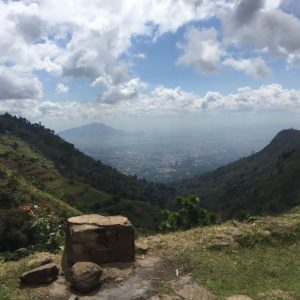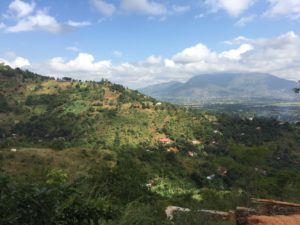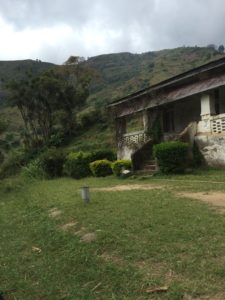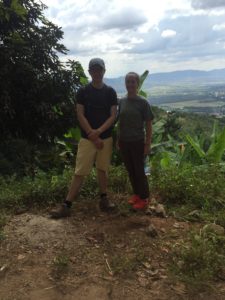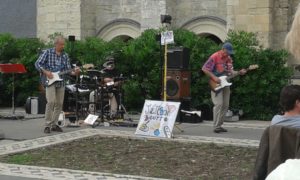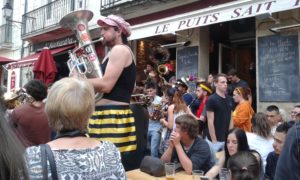I arrived in Beijing last Friday and I can’t believe a week has gone by already but it somehow feels like I’ve been here for a while. The minute I got to the airport and got to my gate I was already being immersed in the Chinese language. The airport attendant speaking Mandarin, which I could not understand at all, gave me a reminder as to why I am doing this program, to significantly improve my Mandarin language skills. When I arrived at the Beijing Capital Airport I was warmly greeted by one of my soon to be Chinese teachers and then driven to Peking University and my dorm for the next eight weeks. At this point I was quite tired as I had just sat on a plane for 13 hours and the 12 hour time difference back home proved to get the best of me. The first couple of nights I found myself waking up in the early hours of the morning but after about 3 or 4 days my body was used to it.
The first weekend in Beijing we mainly got settled and started preparing for our intensive Chinese language courses. We have class every morning from 8-12 and then a 30 to 40 minute individual session with a teacher in the afternoon. I am taking 2nd year Chinese right now and plan to take 3rd year when I come back to campus in the fall. Because we are doing a whole year’s worth of language in one summer, the classes are long and the studying is a lot but it is still manageable and still have free time on the weekends. We also signed a language pledge where we are only allowed to speak Chinese throughout this program. After the first couple days my brain was already being stretched to the limit from the amount of Chinese I was speaking but I can already tell that my pronunciation and grammar is improving so I can’t imagine how I will be able to speak after eight weeks and not just after one.
Hearing natives speak the language also drives me to study the language more by knowing how proud of myself I will be if I can get to a level where I can communicate fluently in Chinese. So far, I have been able to communicate with Chinese people at varying levels of success but I found that many people will start talking to me in English even if I am speaking Chinese just because I am an obvious foreigner. Another cool thing we have here are language partners that are students at Peking University. We met them the third day we were here and were very friendly; they even took us on a tour of their campus. I am hoping they can help me with my language skills as well as showing me other places to go and things to do in Beijing.
During my first weekend after starting classes in Beijing, we went to the Great Wall. This was not my first time going to the Great Wall but it was still a great time and one thing I can say is that I didn’t remember how tiring climbing the wall really is. We went to the Mutianyu section of the wall this time, which is famous for its beautiful scenery. We got lucky and went on a day where it was quite sunny and were able to take a lot of nice pictures. The next day some of us went to the Hongqiao pearl market which is basically a giant five story store with various street vendors throughout. While at this market, bargaining with the sellers is a must because they start off at ridiculously high prices but if you are persistent enough you can buy a lot of cool things for quite cheap which I was luckily able to do. Overall, my first week in Beijing was memorable and I am looking forward to the rest of the time I am here.
